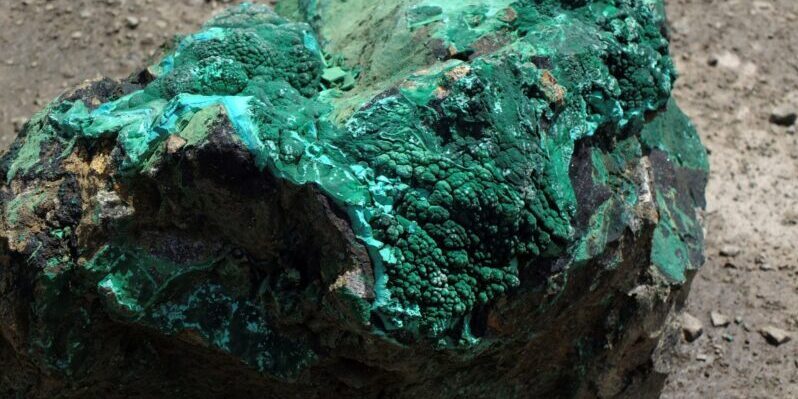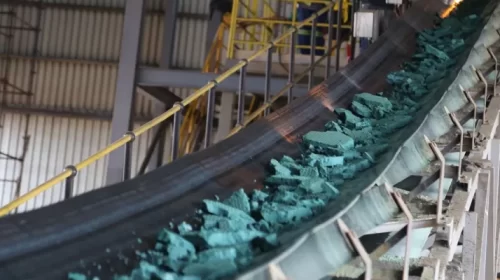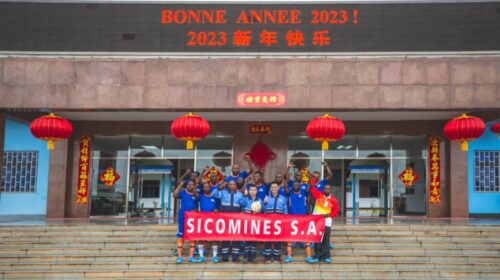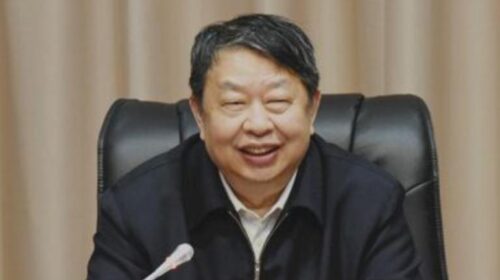DRC aims for control of artisanal cobalt supply
The Democratic Republic of Congo has granted a monopoly to a new state-owned company that is being set up to buy and market all cobalt in the country that is not mined industrially.
According to a Reuters report, the move is a bid aimed at controlling to the entire artisanal supply chain and boost government revenue through control of prices. Another aim is to exert greater state oversight of working conditions in the artisanal sector, which has been plagued by instances of child labour and other abuses.
This move has prompted a number of mining and exploration companies in Canada to try and capitalize on the DRC’s image problem by developing projects in North America. They include companies like Fortune Minerals Ltd. [FT-TSX], Canada Cobalt Works Inc., [CCW-TSXV], and First Cobalt Corp [FCC-TSXV, ASX; FTSSF-OTCQB].
Cobalt, with the exception of silver-cobalt ores from the Cobalt Mining Camp in northeast Ontario, is produced primarily as a by-product of copper and nickel and plays a key role in the production of rechargeable batteries used in the manufacture of electric vehicles and electronic devices.
Roughly 60% of the world’s cobalt supply comes from the DRC. Industrial mining accounts for approximately 80-85% of Congolese cobalt production, with artisanal mining operations producing the remaining 15-20%.
However, companies aiming to source cobalt through artisanal mines in the DRC face challenges in the areas of environment, health and safety, and human rights, according to auto giant BMW Group.
Back in November, 2018, BMW Group said it was teaming up with BASF SE, Samsung SDI and Samsung Electronics to launch a cobalt pilot project in the Democratic Republic of Congo (DRC) in a bid to improve working conditions in artisanal mining operations as well as living conditions in surrounding communities.
Amnesty International has warned electric car companies and other consumers to seek out alternatives to the DRC, which is renowned for its mineral wealth, but also civil wars, corruption and poor working conditions in mines.
A report released by Amnesty International in November, 2017 ranked industry giants including Apple, Samsung Electronics, Dell, Microsoft, BMW, Renault and Tesla on how much they have improved their cobalt sourcing practices since January, 2016.
The report, titled Time to Recharge, found that while a handful of companies had made progress, others were still failing to take even basic steps like investigating supply links in the DRC.
“Our initial investigations found that cobalt mined by children and adults in horrendous conditions in the DRC is entering the supply chains of some of the biggest brands,” said Seema Joshi, Head of Business and Human Rights at Amnesty International.
Pressure from Amnesty International presents a big challenge for industrial consumers because so much of the world’s cobalt supply comes from the DRC.
In addition to concerns about working conditions, the DRC has also been hit by falling cobalt prices, which are trading at US$14.74 a pound, or about a third of their 2018 peak.
The Reuters report said the new state-owned DRC purchasing entity is called Enterprise Generale du Cobalt. It is not clear when this new entity will be up and running.
Source: Resource World






With katangamining we trust in the best future of DRC